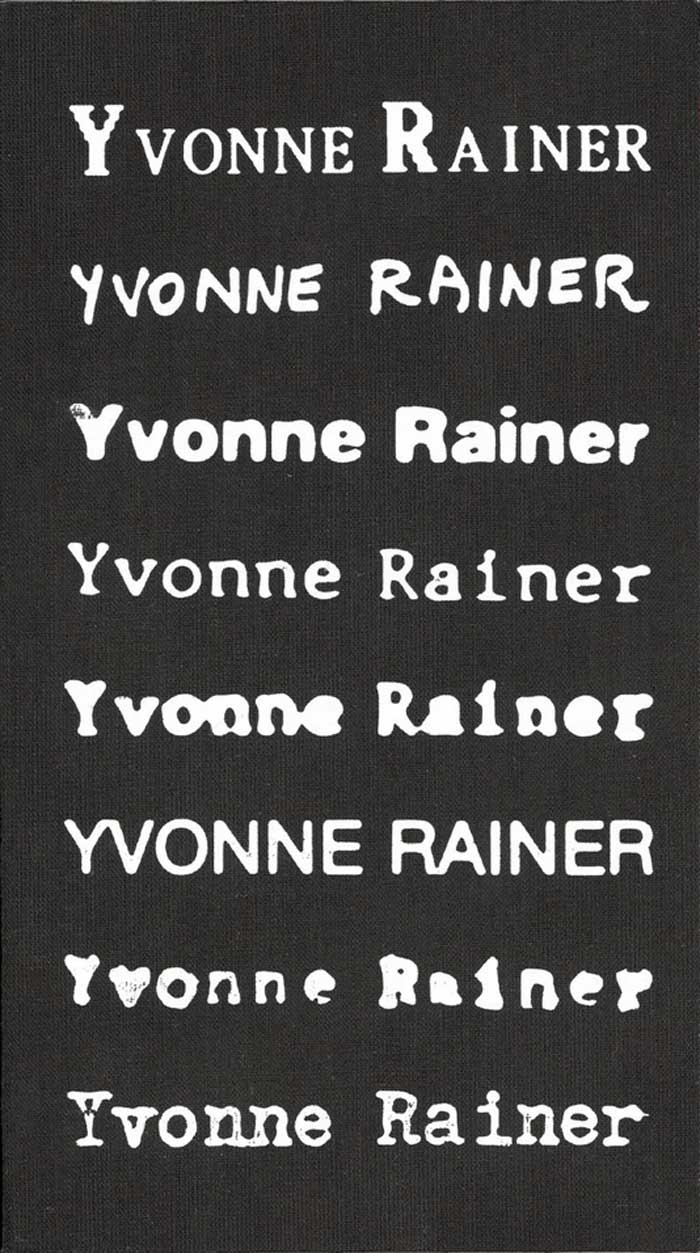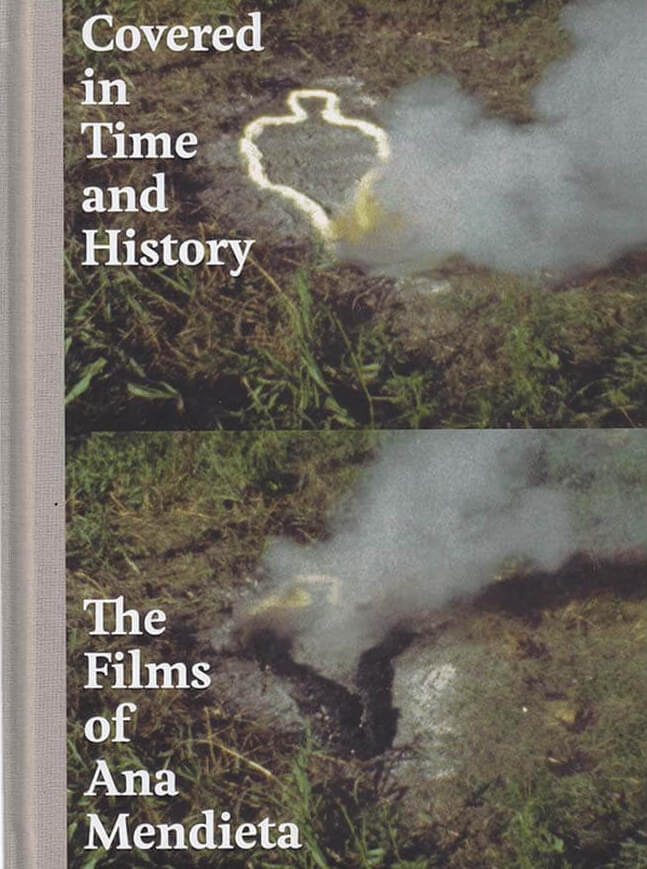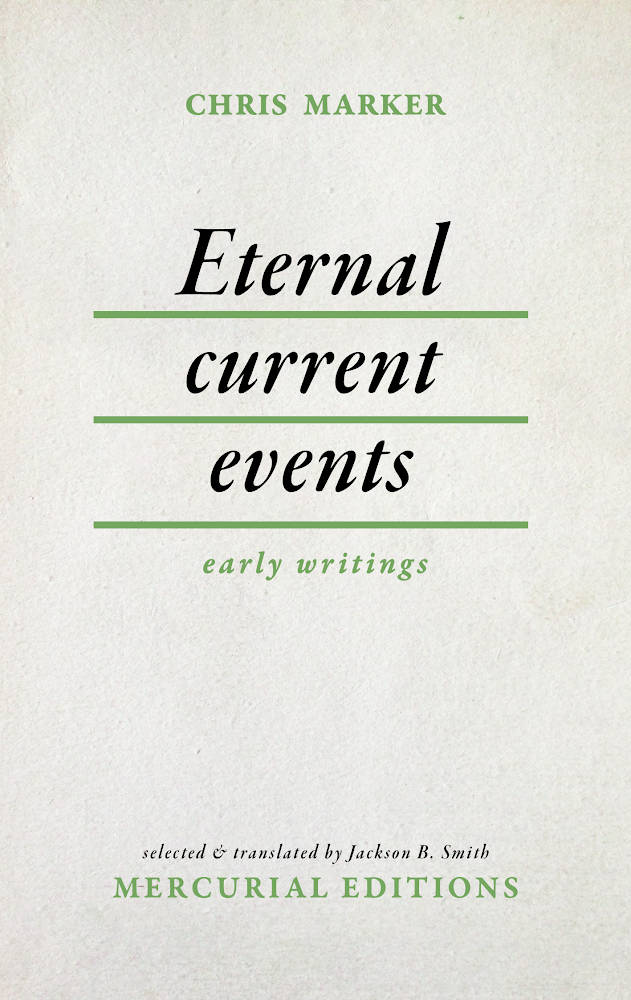
ISSUE 1: pirate.lov3r.2024.mkv
Savunthara Seng ed.
Issue 1 highlights Khmer and Filipino perspectives on piracy as part of our cinema culture. The issue raises the question of our viewing habits—our downloading, sharing, and stealing. Not only images and stories from those behind and in front of the camera, but those that come in contact at the end: us, the audience. Film piracy culture is one that is prevalent, because we’re so embedded in the norm. It’s addressed in this first issue between Cambodia and the Philippines, which will have twenty pieces interlacing each other. The content is composed of film essays, interviews, experimental pieces, stories, comics, and urban photographs. Words from filmmakers, actors, critics, editors, and viewers.
Language: English




